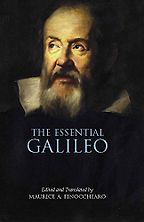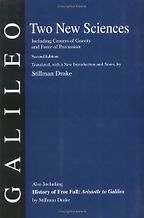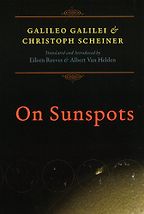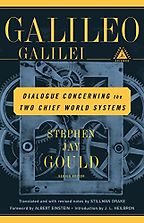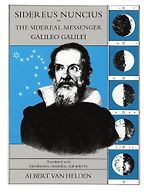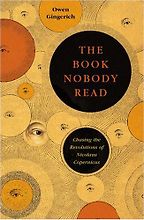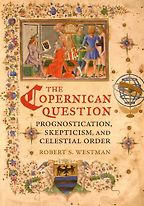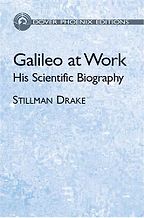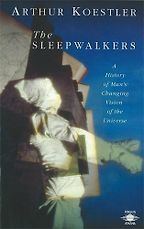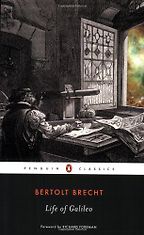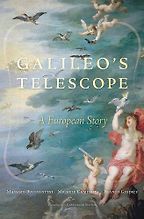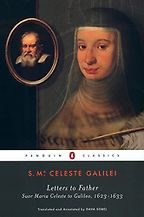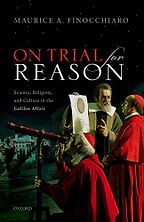Books by Galileo Galilei
Letters on Sunspots
by Galileo Galilei & Christoph Scheiner, Albert Van Helden & Eileen Reeves (translators and editors)
“For me, The Dialogue is like reading Shakespeare. An entire world is in it. It’s not a scientific work in any normal sense, by our standard, or even by the standards of his own time. It’s like reading Plato and Shakespeare together, learning a lot about astronomy, and being very entertained while it’s going on…Galileo has mustered all of his knowledge and understanding of the resources of his society, of every moment in his life about science, but also every cultural moment that’s been meaningful, and he’s brought them all to bear in this very theatrical style of writing.” Read more...
The best books on Galileo Galilei
Paula Findlen, Historian
“This is the moment that astronomy became an observational science. With his telescope Galileo was able to solve various longstanding mysteries.” Read more...
The best books on The Early History of Astronomy
Dava Sobel, Science Writer
Interviews where books by Galileo Galilei were recommended
The best books on The Early History of Astronomy, recommended by Dava Sobel
Best-selling science writer, Dava Sobel, recommends books about the men whose painstaking work changed our understanding of Earth’s place in the universe.
-

1
Life of Galileo
by Bertolt Brecht -

2
Galileo’s Telescope: A European Story
by Franco Giudice, Massimo Bucciantini and Michele Camerota, translated by Catherine Bolton -

3
Letters to Father: Sister Maria Celeste to Galileo
by Suor Maria Celeste (Virginia Galilei) and Dava Sobel (editor and translator) -

4
On Trial for Reason: Science, Religion, and Culture in the Galileo Affair
by Maurice A. Finocchiaro -

5
Dialogue Concerning the Two Chief World Systems
by Galileo Galilei & Stillman Drake (trans.)
The best books on Galileo Galilei, recommended by Paula Findlen
The best books on Galileo Galilei, recommended by Paula Findlen
The trial of Galileo by the Roman Inquisition was one of the most public confrontations between the new science emerging in the 17th century and the Catholic Church but, nearly 400 years later, there’s still a lot of scope to argue what it was about. Here historian of science Paula Findlen, a professor at Stanford University, explains the endless fascination of Galileo Galilei, the Renaissance man who turned a telescope to the sky and took the world by storm, and recommends the best books to start learning more about him.
